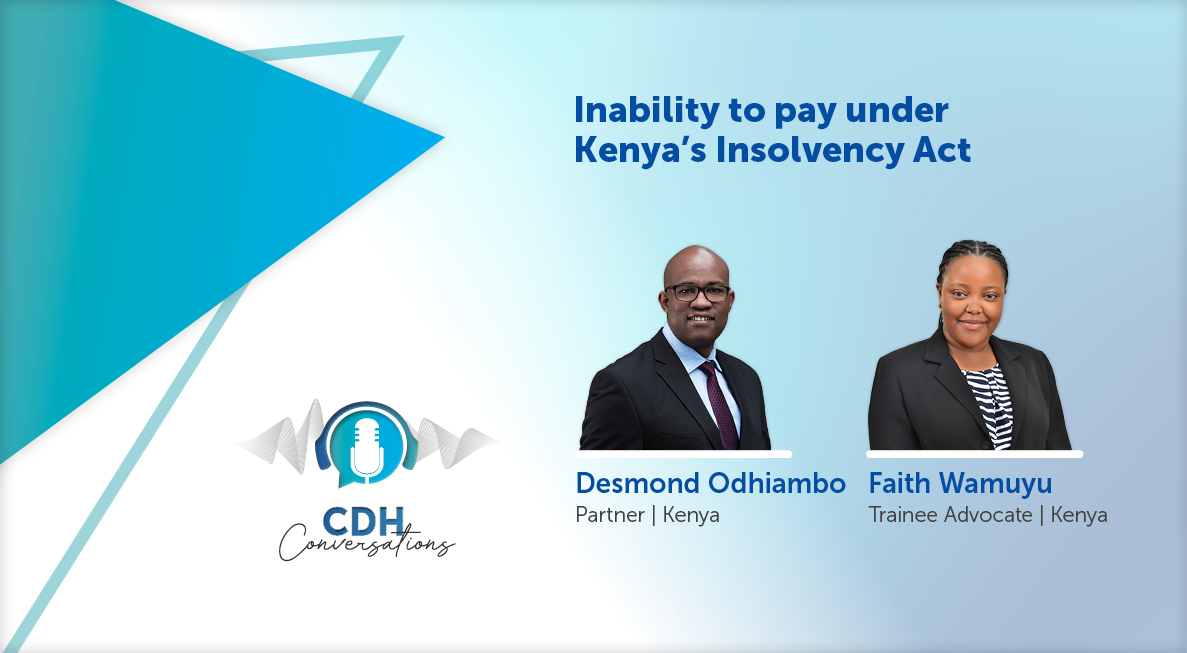”Yes, I can tell you watt to do”: Competition Tribunal confirms jurisdiction over electricity supply excessive pricing complaints
At a glance
- Cape Gate lodged a complaint against Emfuleni Local Municipality, the National Energy Regulator of South Africa, and the Gauteng Provincial Government, alleging exorbitant electricity prices in violation of the Competition Act.
- The Competition Commission decided not to prosecute the complaint, prompting Cape Gate to self-refer the case to the Competition Tribunal.
- The Tribunal held that it has jurisdiction over the complaint, rejecting arguments that Cape Gate should have exhausted remedies under the Electricity Regulation Act and that the High Court had jurisdiction. The Tribunal confirmed its authority to adjudicate and impose remedies for prohibited practices under the Competition Act.
Cape Gate alleged, inter alia, that ELM had charged it exorbitant prices for the supply of electricity in violation of the excessive pricing provisions in the Competition Act 89 of 1998, as amended (Competition Act).
The Commission decided not to prosecute the matter, leading Cape Gate to self-refer the excessive pricing complaint to the Competition Tribunal (Tribunal).
ELM’s submissions
ELM essentially opposed the application on the basis that the Tribunal lacks jurisdiction. ELM alleged that Cape Gate had a duty to exhaust other remedies available to it, and until such a time as Cape Gate had referred the matter to NERSA for investigation and exhausted the Electricity Regulation Act 4 of 2006’s (ERA) internal remedies, its application was prematurely before the Tribunal.
Cape Gate’s submissions
Cape Gate denied that the ERA applies to excessive pricing, which concerns overcharging by a dominant firm. It contended that the relevant ERA provisions relied upon by ELM only concerned price/tariff discrimination and/or a licensee’s failure to abide by its licensing conditions.
Lastly, Cape Gate submitted that even should NERSA have jurisdiction to entertain a complaint of excessive pricing, it and the competition authorities would then enjoy concurrent jurisdiction.
The Tribunal’s decision
The Tribunal held that it did not have to determine whether the ERA gives NERSA the power to deal with complaints of excessive (as opposed to discriminatory) pricing, since even if NERSA does have that power, there is concurrent jurisdiction. The Tribunal highlighted that there is nothing in the ERA or the memorandum of agreement (MoA) between NERSA and the Commission that obliges a complainant to first exhaust remedies under the ERA before lodging a complaint with the competition authorities in terms of the Competition Act. Further, the remedies provided under the ERA are not internal remedies.
ELM also contended that the High Court had inherent jurisdiction, that is not ousted by the Competition Authorities, to adjudicate excessive pricing complaints in terms of the Competition Act. The Tribunal, however, confirmed that the High Court has no jurisdiction to deal with such complaints. The Tribunal held that where a civil court is faced with an issue concerning conduct that is prohibited in terms of the Competition Act, that court is not permitted to consider that issue on its merits and must refer the issue to the Tribunal.
The Tribunal cited Siyakhuphuka Investment Holdings v Transnet (158/CAC/Nov17) [2018]
ZACAC 4 (3 July 2018) in which the Competition Appeal Court applied the Supreme Court of Appeal’s decision in Competition Commission of South Africa v Telkom (623/2009) [2009] ZASCA 155; [2010] 2 All SA 433 (SCA) and stated the following in relation to the Tribunal’s powers in a self-referral:
“… [t]he mere referral of a complaint triggers the exercise of the Tribunal’s adjudicative powers and the Tribunal is obliged to conduct a hearing into the matter with the object of determining whether a prohibited practice has indeed occurred. If a prohibited practice is established, then the Tribunal may impose a remedy it deems appropriate, choosing from a number of remedies listed in the Competition Act.”
On this basis, the Tribunal held that it “plainly” has jurisdiction over the conduct complained of by Cape Gate.
Lastly, ELM contended that there was no concurrent jurisdiction in the present matter because the concurrency only commenced in 2021 on conclusion of the MoA between NERSA and the Commission. The Tribunal disagreed with this on the basis that the concurrency arises from the Competition Act and not from the non-binding MoA. The Tribunal also relied on its judgment in Venter v Law Society of the Cape of Good Hope Case No: 24/CR/Mar12 (014688), to opine that even in matters of concurrent jurisdiction, the Tribunal retains authority, unless expressly ousted.
Conclusion
In conclusion, the Tribunal held that it, “beyond doubt”, has jurisdiction over a complaint dealing with excessive pricing in respect of the supply of electricity and the assertion that Cape Gate was first required to pursue an internal remedy through a complaint to NERSA was without basis.
The information and material published on this website is provided for general purposes only and does not constitute legal advice. We make every effort to ensure that the content is updated regularly and to offer the most current and accurate information. Please consult one of our lawyers on any specific legal problem or matter. We accept no responsibility for any loss or damage, whether direct or consequential, which may arise from reliance on the information contained in these pages. Please refer to our full terms and conditions. Copyright © 2026 Cliffe Dekker Hofmeyr. All rights reserved. For permission to reproduce an article or publication, please contact us cliffedekkerhofmeyr@cdhlegal.com.
Subscribe
We support our clients’ strategic and operational needs by offering innovative, integrated and high quality thought leadership. To stay up to date on the latest legal developments that may potentially impact your business, subscribe to our alerts, seminar and webinar invitations.
Subscribe



